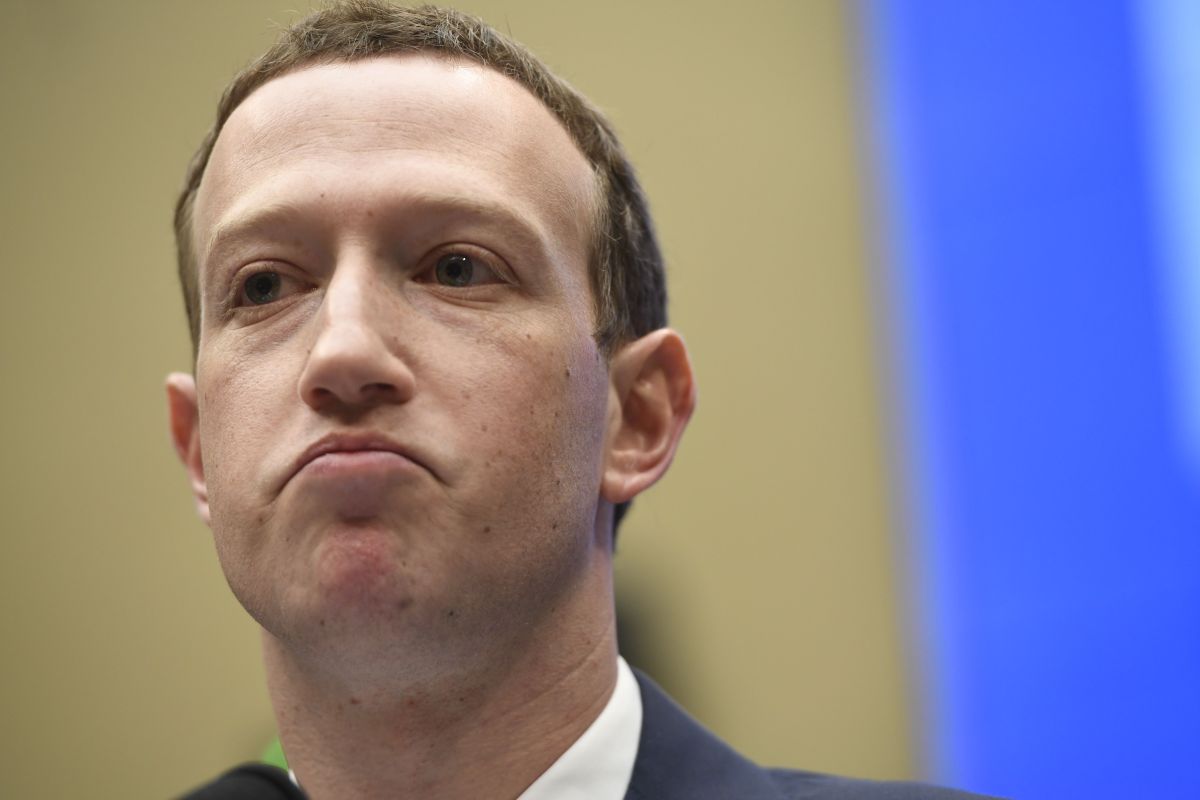Norway’s information defense authorization has actually inquired a European Union regulatory authority to take a binding choice on whether its own unexpected emergency penalty on Facebook as well as Instagram monitoring as well as profiling customers for add targeting without their authorization must be actually created long-lasting as well as used all over the EU solitary market, certainly not simply in your area.
The step might bring about a covering restriction on Meta operating monitoring advertisements without authorization all over the EU solitary market if the European Information Security Panel (EDPB) acknowledges the activity is actually justified. Meta might likewise change to inquiring customers for their consent to operate “tailored advertisements” prior to any sort of Panel activity, as it has actually professed it plans to.
The Datatilsynet released a regional restriction on Meta monitoring as well as profiling customers without authorization back in July — making use of energies in the General Information Security Law (GDPR) which allow worried regulatory authorities to use momentary steps (lasting for 3 months) in their markets if they view an emergency requirement to function to safeguard consumers’ information. Therefore while Meta’s lead regulatory authority for the GDPR stays the Irish Information Security Compensation (DPC), which will commonly bait any sort of administration, the Norwegian DPA’s unexpected emergency activity thwarts the rule’s alleged “one-stop-shop” device — as well as offers the Norwegian authorization the choice to recommend on-going worries to the EDPB, as it has actually right now performed.
Meta has actually remained to defy the Datatilsynet order — that includes an everyday great of around one thousand NOK (~$100,000) each day for non-compliance — overlooking the authorization’s demand certainly not to operate monitoring advertisements without consent, every a representative for the DPA.
The technology titan rather looked for a courthouse ruling versus the purchase. Nevertheless, previously this month, an Oslo judge declined Meta’s disagreements, verifying the DPA’s right to function.
Reached through e-mail the EDPB verified voucher of the authorization’s ask for. “The EDPB Secretariat will definitely right now determine efficiency of the data. The moment this evaluation is actually total, the due date under art. 66(4) GDPR begins operating as well as the Panel will definitely possess pair of full weeks to embrace its own immediate binding choice,” a spokesperson informed our team.
She dropped to use any sort of guide on how much time the Panel’s evaluation of the Datatilsynet’s ask for will definitely require to total.
The Panel currently took one binding choice vis-a-vis Meta advertisements: Behind time in 2013 it resolved a conflict in between DPAs on a grievance versus the lawful manner the adtech titan professed for operating the advertisements — which baited, in January, to a decision being actually released due to the DPC turning down Meta’s case of legal need to warrant the handling.
Since then Meta attempted one more change of lawful manner for the handling — to a case of reputable rate of interests — however the EU’s leading judge quashed that gambit along with a judgment in July, pertaining to a different problem delivered through Germany’s competitors authorization, which verified Meta cannot claim a legitimate interest to run its “personalized ads” in the absence of user consent.
That landmark strike was followed at the start of August by Meta announcing an “intention” to legalize its tracking ads business in the region by asking users for their permission. But it has still certainly not done so — continuing to operate unlawful ads. Hence why the Norwegian DPA decided to take emergency action — pointing out that millions of EU people’s rights are being infringed.
Reached for a response to the DPA’s referral the EDPB, Meta spokesperson, Matt Pollard, sought to deflect attention off-of the current lack of compliance — writing in an emailed statement:
We are surprised by the NDPA’s [Norwegian data protection authority’s] actions, given that Meta has already committed to moving to the legal basis of consent for advertising in the EU/EEA. We remain in active discussions with the relevant data protection authorities on this topic via our lead regulator in the EU, the Irish Data Protection Commission, and will have more to share in due course.
Asked when Meta will be moving to a lawful basis for tracking and profiling users in the region Pollard declined to specify a timeframe. “We have not announced a date. We are still working through with policymakers what our transition to Consent will look like, and will have more to share in due course,” he added.
The referral to the EDPB may concentrate minds at Meta on the need to make good on its own pledge to ask users’ permission sooner rather than later.
The company has sought to get ahead of events on this issue by using PR tactics that present a narrative where it appears to retain some control (hence its blog post sketching a future “intention” to switch to consent, just without fixing a date — so keeping control of the timings and seeking to normalize the ongoing delay to rectifying its unlawful “tailored advertisements”); even as EU regulators have, collectively, forced the looming paradigm shift to its privacy-hostile business model.
The bottom line here is that, in the not-too-distant future, surveillance capitalism’s poster child will — at least in a major international region for its business — have to end the consentless tracking and profiling it exploited for years to build up its adtech empire, at the expense of web users’ privacy.
In the meanwhile, people in the EU’s single market are once again being directed to wait on Ireland’s DPC to enforce their privacy rights. But if the Irish authority is too slow to rectify Meta’s lack of authorization this time there is now the backstop option of the Board stepping in a second time as well as completing the task for it.




